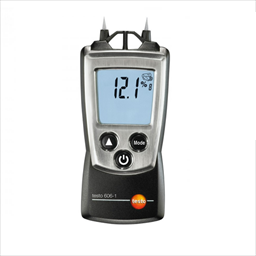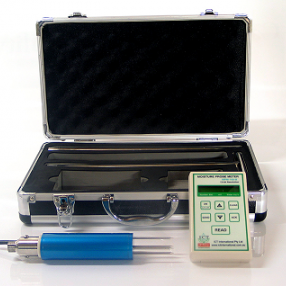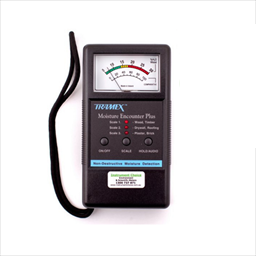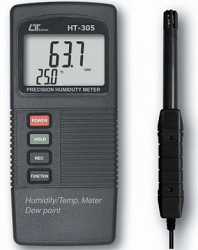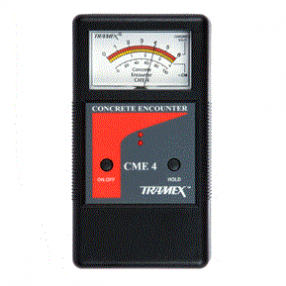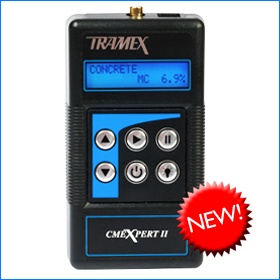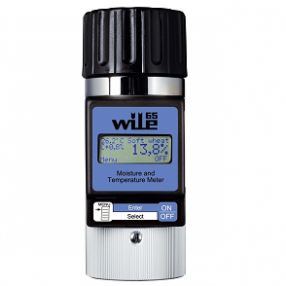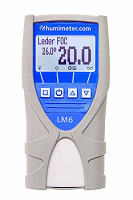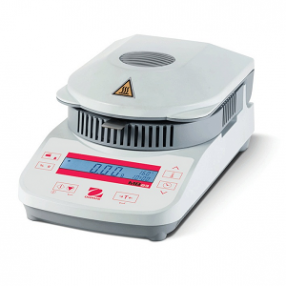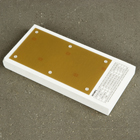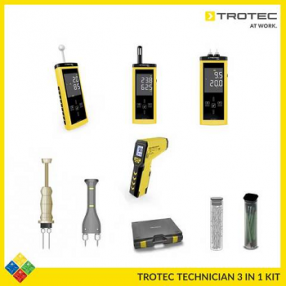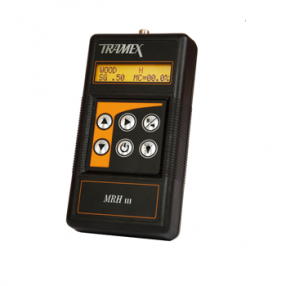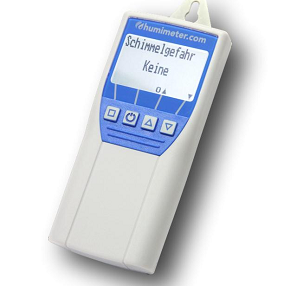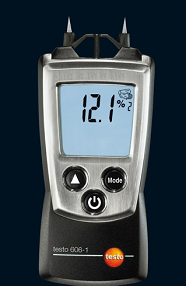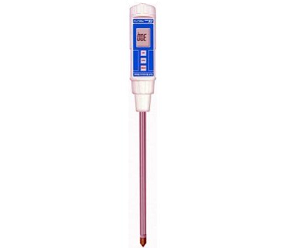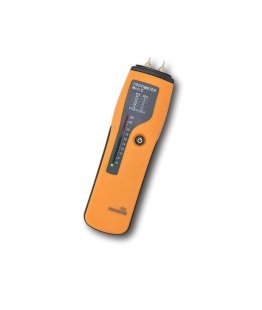Moisture Meters
$2,760.00
AUD + GST
$3,036.00
AUD Inc. GST
$2,352.00
AUD + GST
$2,587.20
AUD Inc. GST
$289.40
AUD + GST
$318.34
AUD Inc. GST
Protimeter MMS3 Restoration Moisture Meter Kit with Accessories
Product code: IC-BLD9800-C-R
$2,259.70
AUD + GST
$2,485.67
AUD Inc. GST
$279.50
AUD + GST
$307.45
AUD Inc. GST
$3,490.10
AUD + GST
$3,839.11
AUD Inc. GST
$467.00
AUD + GST
$513.70
AUD Inc. GST
Protimeter HygroMaster 2 and Digital Mini Dual Meter Kit - IC-BLD7714-DM
Product code: IC-BLD7714-DM
$1,419.70
AUD + GST
$1,561.67
AUD Inc. GST
$659.10
AUD + GST
$725.01
AUD Inc. GST
$1,879.80
AUD + GST
$2,067.78
AUD Inc. GST
$1,390.00
AUD + GST
$1,529.00
AUD Inc. GST
$2,359.09
AUD + GST
$2,595.00
AUD Inc. GST
humimeter FS4 universal grain moisture meter - IC-humimeterFS4
Product code: IC-humimeterFS4
$4,289.20
AUD + GST
$4,718.12
AUD Inc. GST
$679.10
AUD + GST
$747.01
AUD Inc. GST
$1,899.40
AUD + GST
$2,089.34
AUD Inc. GST
$3,689.60
AUD + GST
$4,058.56
AUD Inc. GST
Protimeter F-S2000C Standard Speedy Soil Moisture Meter (0 to 10)
Product code: IC-F-S2000C
$2,529.50
AUD + GST
$2,782.45
AUD Inc. GST
Protimeter F-S2000D Standard Speedy Soil Moisture Meter (0 to 20)
Product code: IC-F-S2000D
$2,479.70
AUD + GST
$2,727.67
AUD Inc. GST
$2,939.30
AUD + GST
$3,233.23
AUD Inc. GST
$2,939.90
AUD + GST
$3,233.89
AUD Inc. GST
$2,849.10
AUD + GST
$3,134.01
AUD Inc. GST
$869.10
AUD + GST
$956.01
AUD Inc. GST
$1,299.70
AUD + GST
$1,429.67
AUD Inc. GST
$4,590.91
AUD + GST
$5,050.00
AUD Inc. GST
$2,959.09
AUD + GST
$3,255.00
AUD Inc. GST
$4,500.00
AUD + GST
$4,950.00
AUD Inc. GST
$2,100.00
AUD + GST
$2,310.00
AUD Inc. GST
$5,636.00
AUD + GST
$6,199.60
AUD Inc. GST

